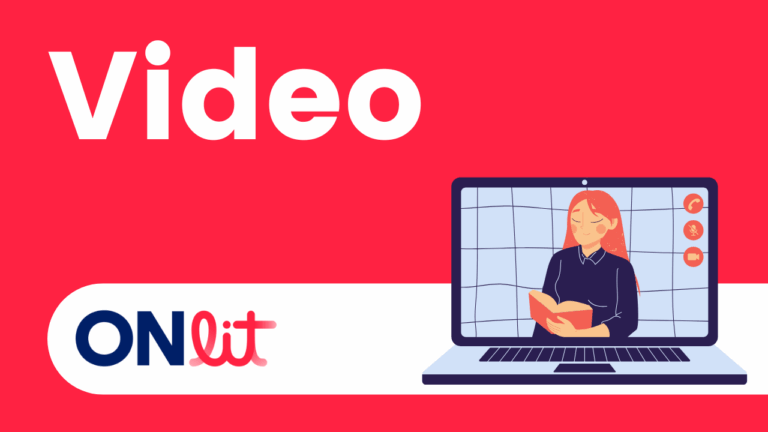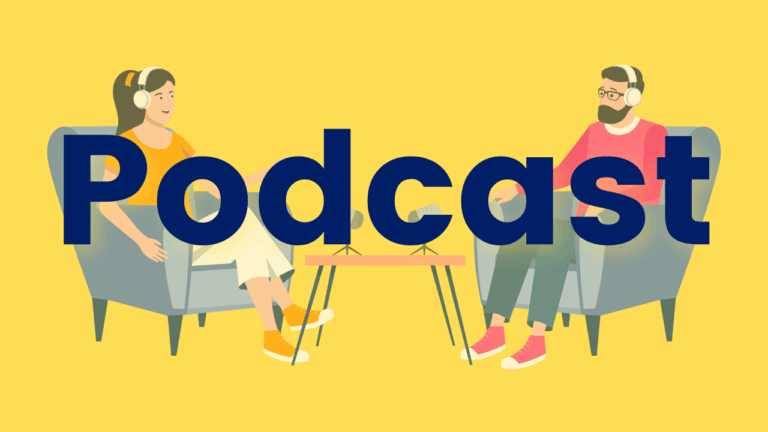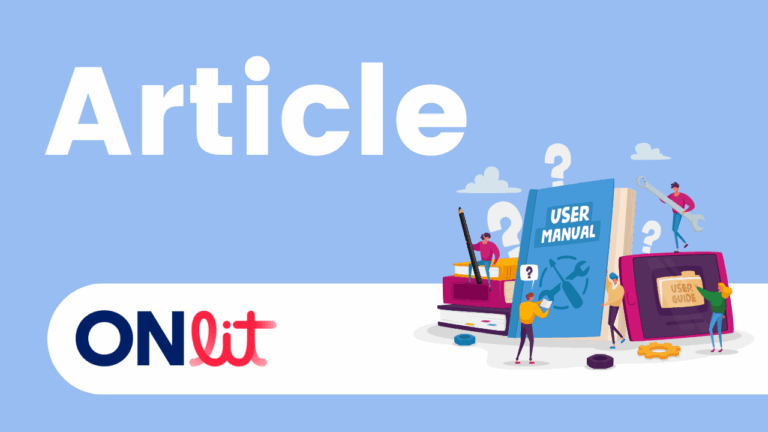Screening vs. Diagnostic Assessment
This video brought to you by Stephanie Stollar will clear up any confusion about universal screening and diagnostic assessment. Not only will you understand the differences, but you will also learn how the two work together to help guide instructional decisions in reading.







